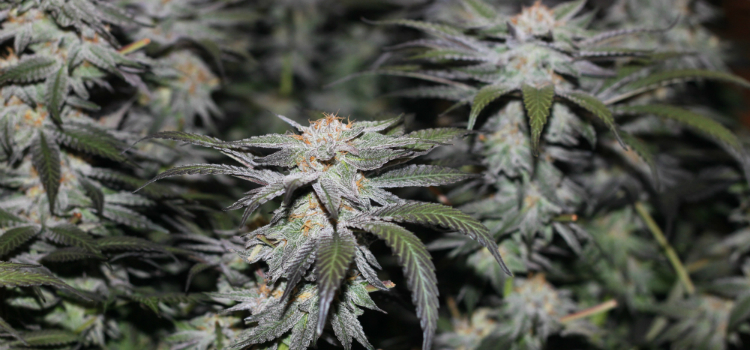Marijuana legalization campaigners promised a lot — from collecting more taxes for budgets already starved for cash, to spending less on law enforcement.
With legislation to legalize and regulate marijuana passed in four states, and ongoing efforts underway to accomplish this in many others, people are asking: does it work?
Now that the numbers are coming in, the answer is a resounding YES.
Marijuana is building bigger, better schools in Colorado.
Until now, Colorado’s Building Excellent Schools Today program (known as BEST) had suffered from a decline in available grant money. The program is designed to fund capital projects in the state, but had been low on cash.
In Colorado, the first $40 million accrued annually in excise tax from the sale of marijuana is collected in a “public school capital construction assistance fund,” created by Proposition AA. BEST is seeing some of that money now, with millions of dollars in tax revenue already coming in, and more predicted. The state is also looking to hire more school health care professionals with the help of marijuana tax money.
Marijuana is employing people.
In addition to the boost to education provided by tax funds, new legal marijuana businesses popping up in Colorado are creating jobs at every level—from retail locations to grow centers, which can employ up to 75 people.
Legalization and regulation decreases marijuana use among teens, studies show.
Anti-legalization campaigners tried to argue that legalizing marijuana — and telling teens that it was “now okay” to use — would cause an increase teen marijuana use.
The opposite has come to fruition. In a study done by the University of Michigan, researchers found that after steep increases in teen marijuana use in prior years, it’s not only flat-lined since medical marijuana programs were implemented in 2013, and recreational marijuana in 2014 — but it’s actually dropped in states that have legalized.
Crime is actually dropping in states with legalized marijuana.
Opponents argued that legalizing marijuana would lead to a rise in crime — but the opposite has proven to be true.
Not only has violent crime dropped in Colorado since legalization went into effect (6.9% in the first quarter of 2014), but so has property crime (by 11%). In a study by journal PLOS ONE, researchers found that alcohol use has also dropped since legalization. This suggests that alcohol consumption is being replaced by marijuana consumption, leading to less violent and destructive crime.
Not surprisingly, this has also led to a decrease in highway fatalities. Less drunk driving, less death.
Less money is being spent on prosecuting for possession and housing inmates.
As a country, we spend nearly $1 billion per year incarcerating inmates with marijuana-related charges. Not only do we save money by keeping people out of prison, boosting budgets that are already thin — but by not enforcing marijuana prohibition (paying cops to bust people for marijuana, and pushing marijuana-related charges through the justice system) our country stands to save $13.8 billion per year, economists report.
That’s a lot of money we could spend on schools and roads, instead.
Photo Credit: Leslie J. Clary
Get daily cannabis business news updates. Subscribe
End
